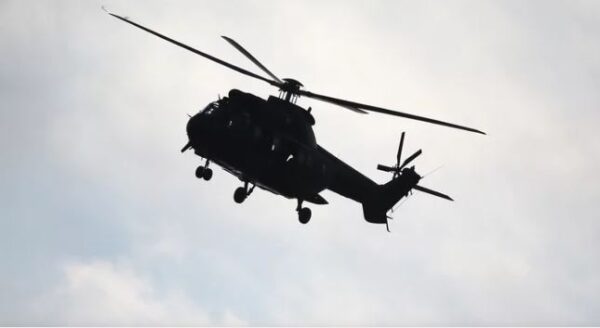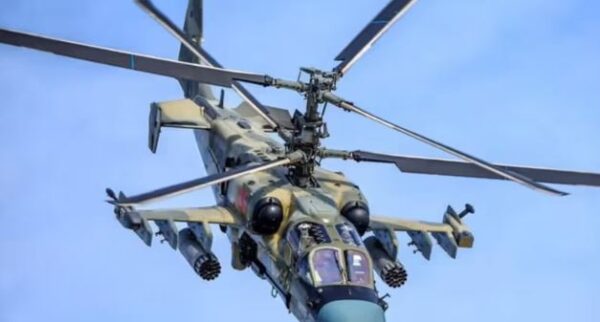Lifestyle
Why helicopters crash so often and people hardly survive

Helicopters are dangerous to fly, and when something goes wrong, there are always fatalities.
Helicopters have a 35% higher risk of crashing compared to airplanes, with a crash rate of 9.84 per 100,000 hours of flight time, compared to 7.28 for general aircraft. (Report from The National Transportation Safety Board)
Countless celebrities have died while in helicopters; for instance, Kobe Bryant and his daughter and now the prime minister of Iran, Ebrahim Raisi, and his associates have died on helicopter rides.
Some of the risks involved in a helicopter flight include the following:
1. Likely collision with objects
Bigger aircraft can travel at higher altitudes, evading turbulence and obstructions such as mountains, trees, buildings, and towers. Helicopters run a higher danger of colliding with these objects because they are unable to fly as high as commercial aeroplanes.
2. Lack of proper routes and frequent landings
Because helicopters don’t have runways, established flight patterns, or certified air traffic controllers, they are a more dangerous option than aeroplanes. They frequently fly into locations that are inaccessible to other aircraft.
When flying, aeroplanes keep a certain altitude, but helicopters may take off and land several times. Accidents are more likely to happen because of how many times helicopters take off and land.
3. Complicated and difficult to maintain machinery
Due to their complexity and large number of moving parts, helicopters are prone to malfunctions and improper maintenance. It’s challenging to find a certified technician for them because repairs and upkeep require specialised training. Because of this, some operators might economise by compromising on maintenance.
4. Poor weather conditions ground flight
Flying a helicopter in bad weather like strong winds, rain, and snow is dangerous and should never be done. This is because helicopters cannot fly in turbulent conditions. Helicopter pilots need to pay close attention to weather reports and be ready to cancel flights in the event of unfavourable weather.
5. Requires a highly trained pilot
Helicopters are not as easy to fly as aeroplanes due to their design which involves frequent takeoffs and landings. They can also be affected by adverse conditions like high winds. Pilots must be well-trained, focused experts to fly helicopters safely. However, some crashes are caused by pilot negligence; the pilot may be tired, distracted, or drunk.
Lastly, in an emergency, helicopters have less margin for mistake and recovery than planes because they are unable to glide or divert to a nearby airport.







